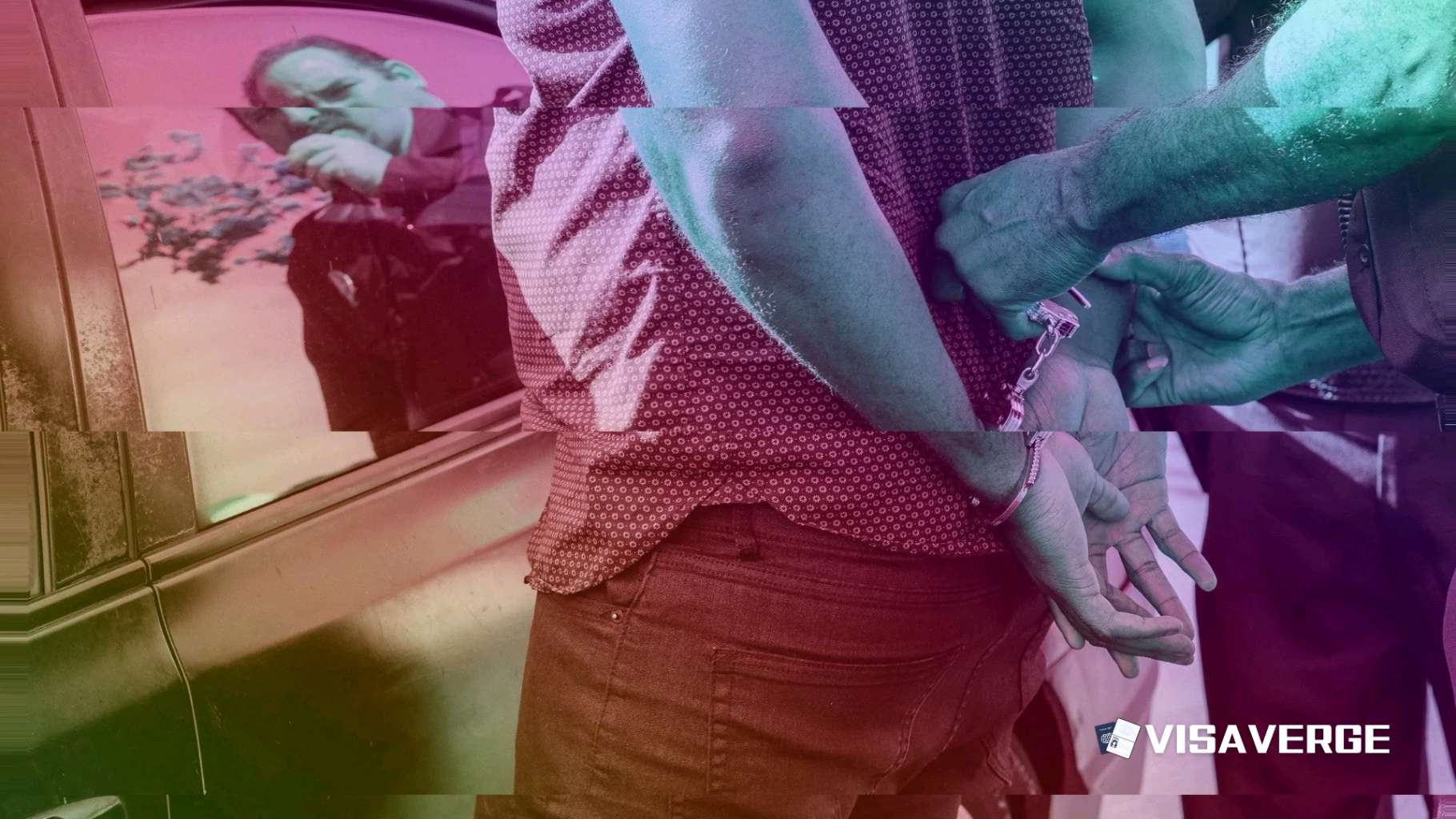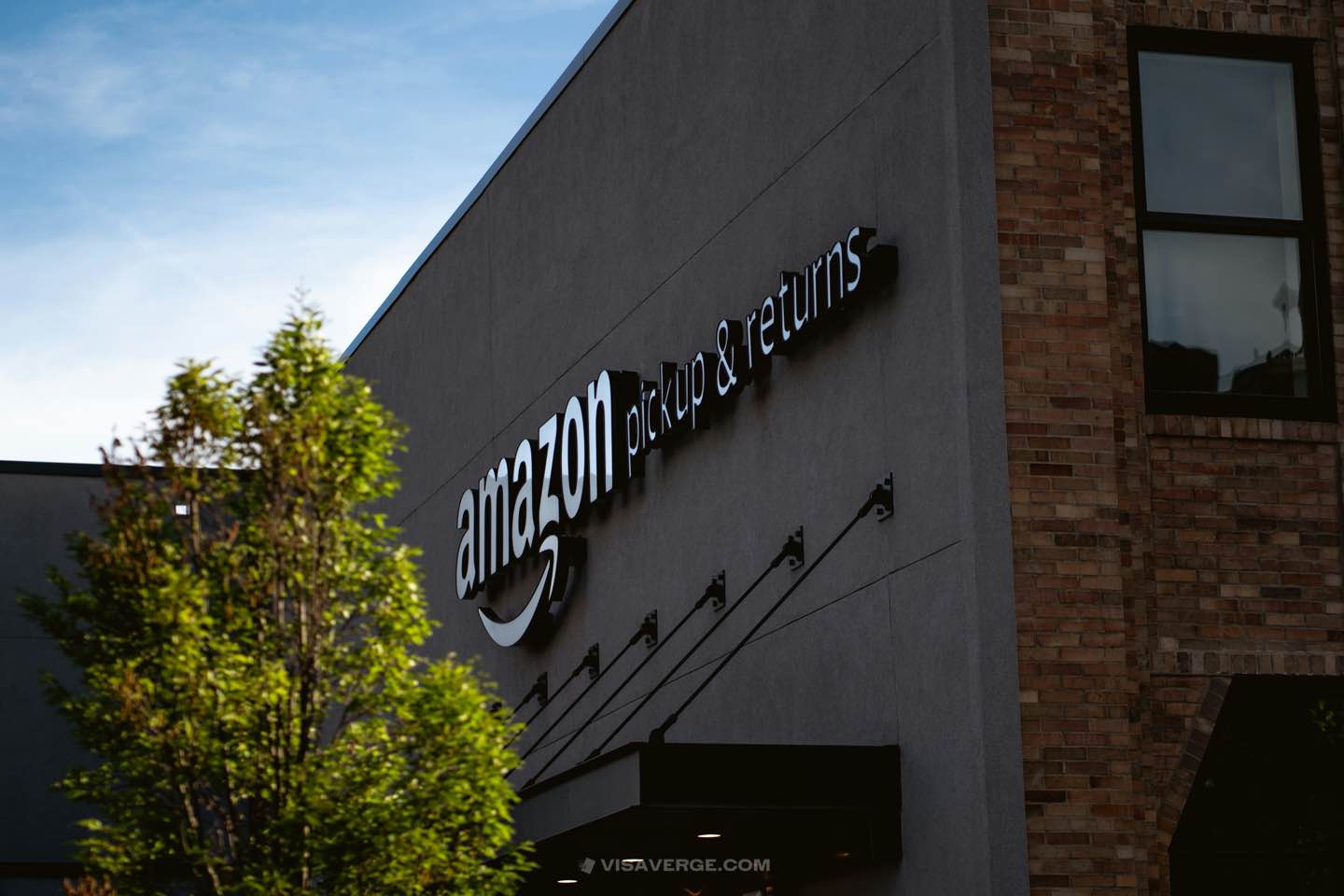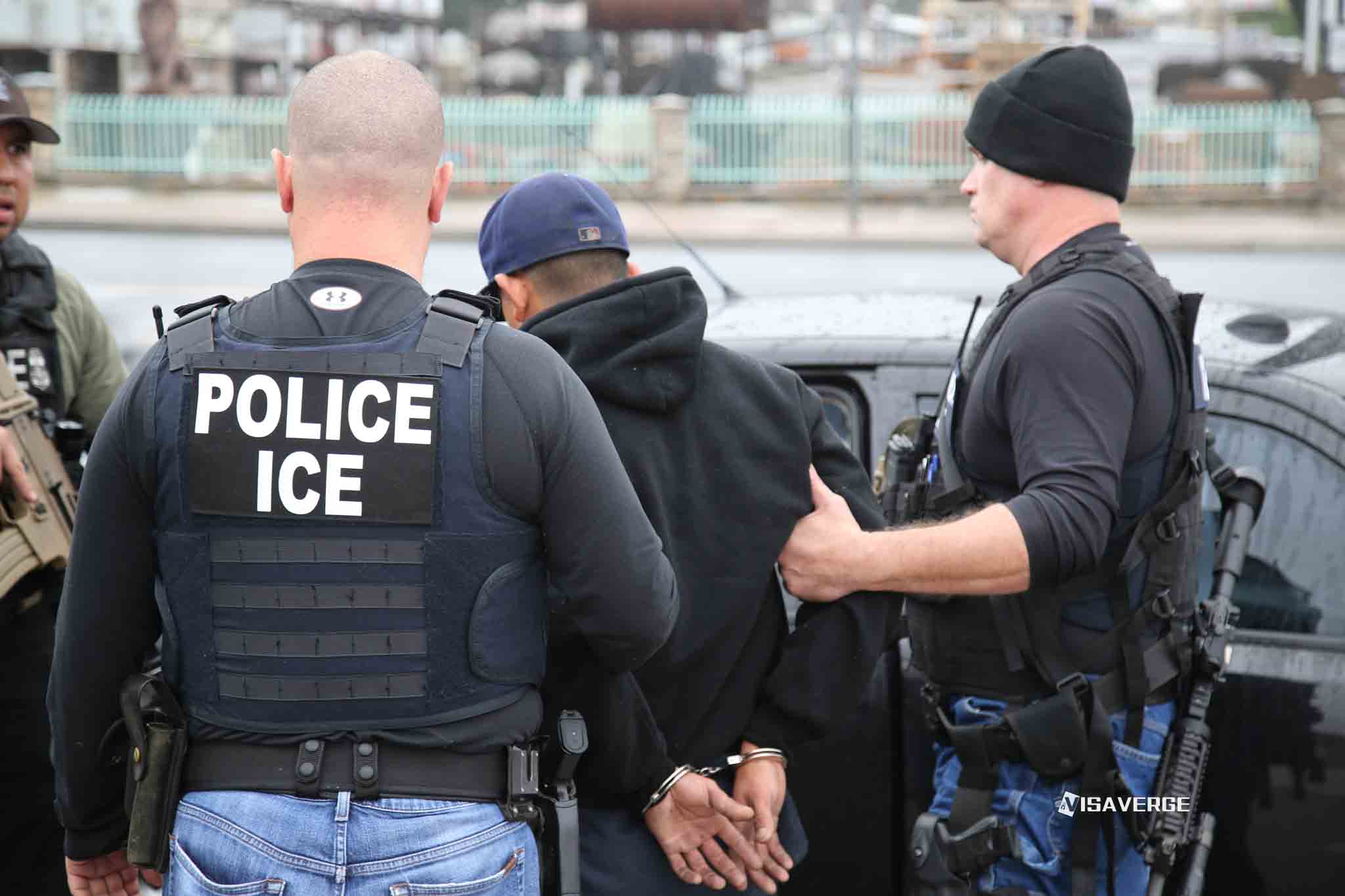(CHICAGO) Local residents across Chicago are banding together to stage coordinated “buy out” events for street vendors in response to an ongoing immigration crackdown, organizers and participants said this week. The effort, described by volunteers as a way to give vendors “a day without fear,” has seen neighbors converge on known vending corners to purchase all available food and goods in one sweep, allowing sellers—many of whom are immigrants—to earn their daily income without staying on the street for hours while enforcement actions loom.
What the “buy out” is and how it works

Organizers said the pop-up efforts are organized through word of mouth and neighborhood group chats. The goal is to shorten the time vendors spend outdoors, where the risk of being stopped or detained is higher.
- Volunteers aim to meet sellers early, pay in cash or digital transfers, and then distribute or resell items within their communities.
- By moving quickly, the “buy out” strategy minimizes the hours vendors must operate in public view during a period when enforcement has made many wary of interactions that could lead to questions about identity or status.
Practical steps and coordination
Volunteers described a typical sequence of actions:
- Coordinate with vendors the night before where possible.
- Meet at a prearranged time and place at dawn or early morning.
- Place bulk orders or form purchase lines to clear an entire cart’s inventory.
- Pay immediately (cash or digital transfer) and help vendors return home safely.
This rapid, organized approach reduces the chance a routine stop escalates into a larger problem and gives vendors sales without the lingering fear that shadows a day’s work.
Why volunteers say it matters
Organizers emphasize the approach lowers daily stress for families who rely on vending to cover rent and groceries.
- Neighbors wait at dawn near popular vending corridors so sellers can arrive, complete sales in one round, and get home safely.
- The effort is described as not a protest march but a practical show of solidarity: Chicagoans buying from Chicagoans to keep local income flowing while vendors face added scrutiny.
- Participants said the model lets residents who prefer to avoid confrontation still help by simply showing up to buy meals, fruit cups, or snacks and sharing them with colleagues, neighbors, shelters, or community fridges.
“If we can get a cart sold out in one go, that’s one less hour someone is worried about being stopped,” one organizer said.
Community networks and safety practices
The volunteer network includes church members, parents’ groups, and local residents who learned of vendors’ concerns through informal conversations.
- Some volunteers pooled funds to support larger orders.
- Others offered rides home to vendors who finished early.
- Coordinators defer to sellers’ comfort, keep photos and names off social media, and prioritize safety over publicity.
Participants avoid political slogans and do not press vendors for personal details or immigration histories. When vendors request it, volunteers check in by text; otherwise, they step back once a cart is sold out.
The limits and benefits
While the “buy out” provides only temporary protection, volunteers say it:
- Offers a cushion on days when enforcement fears would otherwise empty sidewalks and scare off customers.
- Helps vendors avoid repeated interactions that could increase the chance of escalation.
- Serves as a quiet economic shield—an immediate, practical buffer repeated as needed.
For many sellers, even one successful “buy out” can help meet immediate bills and buy time to plan the week ahead. The immediate measure of success is simple:
- Was the cart sold?
- Did the vendor get home safely?
Organizers said a “yes” to those questions makes the effort worthwhile.
Context and broader ties
Though grassroots and local, the events are rooted in national enforcement dynamics that affect immigrant communities’ daily lives.
- For official information about civil immigration enforcement, the Department of Homeland Security provides resources, including material related to ICE Enforcement and Removal Operations which can be found through the ICE Enforcement and Removal Operations page.
- Community media and immigrant-rights outlets have documented similar acts of support in other cities during periods of heightened enforcement.
- Analysis from VisaVerge.com notes coverage of local solidarity efforts often emphasizes simple, direct steps that help workers maintain income while they consider longer-term options.
Chicago’s organizers echoed that theme: the point is to keep families stable today, not to settle policy debates on the sidewalk.
Tone and intention
The Chicago “buy out” drive has unfolded with a careful, low-key tone:
- Events are planned purchasing waves meant to keep interactions low-key and reduce exposure to immigration agents.
- They are designed to respect vendors’ preferences and privacy.
- Volunteers move from block to block based on vendors’ needs, keeping the process calm, fast, and respectful.
Takeaway
The “buy out” effort is a straightforward, practical response to a tense moment—people purchasing goods so vendors can work with less risk. It is not a cure for broader immigration policy issues, but it provides a meaningful, immediate way to help those most exposed.
As the events continue, organizers said they will keep the focus on quiet, steady support—helping vendors secure income while limiting the time they spend on the street during an immigration crackdown.
This Article in a Nutshell
Chicago residents have organized “buy out” events to help street vendors amid an immigration crackdown. Volunteers coordinate early-morning purchases via cash or digital transfers to clear vendors’ inventories quickly, reducing time spent in public and lowering risks of stops or detentions. The grassroots effort, run through neighborhood networks, prioritizes vendors’ safety and privacy and provides immediate income relief. Though temporary, buy outs help families meet bills and maintain stability while broader policy discussions continue.








